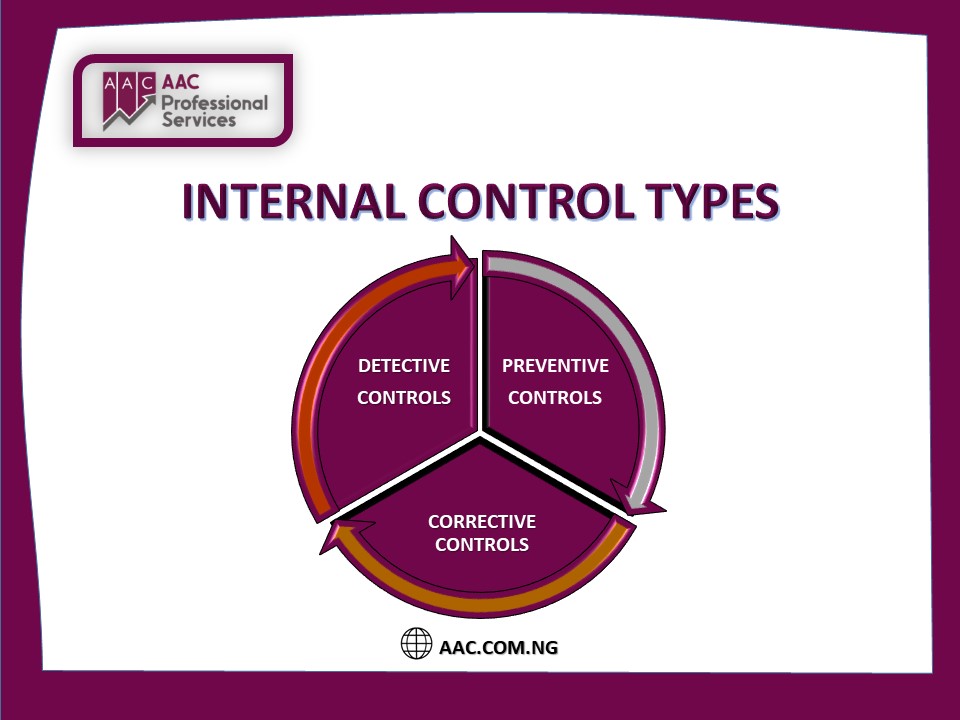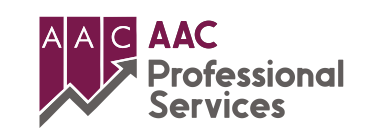
Implementing effective internal controls is crucial for maintaining financial integrity and safeguarding assets. Here are some detailed best practices to ensure strong internal controls within your organization:1️⃣ Segregation of Duties (🔒): Clearly define roles and responsibilities within your accounting department. Assign different individuals to handle key tasks such as approving transactions, recording entries, and reconciling accounts. By separating duties, you minimize the risk of errors or fraudulent activities going undetected.
2️⃣ Regular Reconciliation (🔍): Perform regular reconciliations of financial records to ensure accuracy and identify discrepancies. Reconcile bank statements with internal records, match accounts payable and receivable balances, and verify inventory and fixed asset records. Promptly investigate and resolve any differences identified.
3️⃣ Documented Policies (📝): Establish comprehensive internal control policies and procedures that cover all key financial processes. Clearly document guidelines for recording transactions, handling cash, managing expenses, and approving payments. Ensure that these policies align with relevant regulatory requirements and industry standards.
4️⃣ Restricted Access (🔐): Control access to financial systems and sensitive data by granting user privileges based on job responsibilities. Implement strong user authentication methods, such as complex passwords and multi-factor authentication. Regularly review and update user access rights to maintain appropriate levels of authorization.
5️⃣ Audit Trail (🔍🚶♂️): Maintain a detailed audit trail for financial transactions. This includes recording essential information such as the date, time, user, and nature of the transaction or change made. An audit trail enables you to trace the sequence of events and quickly identify any unauthorized or suspicious activities.
6️⃣ Regular Internal Audits (🔎📆): Conduct periodic internal audits to assess the effectiveness of internal controls and identify potential weaknesses. Assign experienced auditors to review processes, perform testing, and verify compliance with established policies. Document audit findings and promptly implement corrective actions.
7️⃣ Continuous Employee Training (📚): Provide regular training and educational opportunities to employees involved in financial processes. Offer workshops and courses on accounting principles, internal controls, fraud prevention, and ethics. Encourage employees to stay updated with industry trends and regulatory changes.
By following these detailed best practices, you can establish a robust internal control framework that promotes financial accuracy, mitigates risks, and ensures compliance with regulations.
We can help your business thrive well by helping you with your Audit, Accounting, Tax and Advisory functions.
check us at aac.com.ng
#Accounting#Controls#BestPractices#FraudPrevention#Compliance
